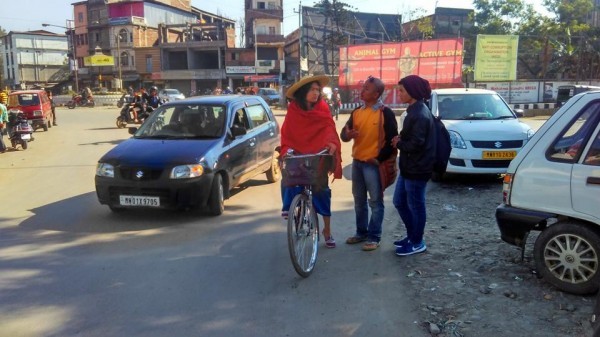In case this is useful or a good prompt
Mar. 28th, 2025 02:52 pmA friend here on Dreamwidth urged me to share with US readers the means of getting in touch with your legislators so you can keep them apprised of your feelings and concerns. [ ] (The square brackets are made of adamantium and are capable of holding the depth and heat of your feelings and concerns.)
It is very easy to contact your federal legislators. congress.gov has a "find your member" feature. Type in your address, and it will tell you your senators and your representative.
If you then go to your legislators' websites, you can get contact information not only for them in DC, but in your state as well. For example, my US senators have phone numbers in Washington, in Boston, and--for people like me in western Massachusetts--in Springfield, MA. If one voice mail gets filled up, you can try another.
You can also use organizations like Five Calls.
I believe most (maybe all?) states have similar pages for your state-level legislators. As an example, here's what I got when I typed "find my state legislators" into Google.

I think reaching out is important regardless of the political orientation of your legislators. If they think like you do, they can still use encouragement. If they're dead set against you, they can still damn well listen to a person in their voting district.
It is very easy to contact your federal legislators. congress.gov has a "find your member" feature. Type in your address, and it will tell you your senators and your representative.
If you then go to your legislators' websites, you can get contact information not only for them in DC, but in your state as well. For example, my US senators have phone numbers in Washington, in Boston, and--for people like me in western Massachusetts--in Springfield, MA. If one voice mail gets filled up, you can try another.
You can also use organizations like Five Calls.
I believe most (maybe all?) states have similar pages for your state-level legislators. As an example, here's what I got when I typed "find my state legislators" into Google.

I think reaching out is important regardless of the political orientation of your legislators. If they think like you do, they can still use encouragement. If they're dead set against you, they can still damn well listen to a person in their voting district.











